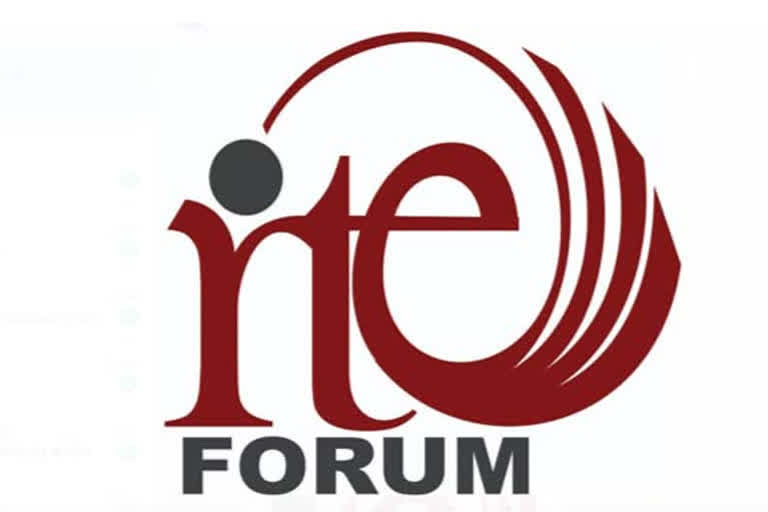New Delhi: The Right to Education (RTE) Forum has made a submission to Union Finance Minister Nirmala Sitharaman regarding adequate enhancement of public financing for universalization of school education. The forum, in its submission, requested the union government to prioritise spending on education by adopting and adhering to a clearly laid down financial roadmap.
It further asked the government to respond to widening inequities through inclusive budgeting. The Forum also asked the policymakers to ensure adequate schools, teachers and infrastructure.
Ambarish Rai, National Convener, Right to Education Forum, participated in the Pre-budget Consultation Convened by the Union Finance Minister, Nirmala Sitharaman today where he raised various concerns related to education in India, particularly elementary and Secondary Education.
Mr Rai, in his deliberation, emphasised, “The budget for education must be enhanced up to 6% of GDP as reiterated time and again along with an extra budget as COVID-19 package to ensure safe and secure education of the children.”
Underlining the grim existing situation in the field of education in India, Mr Rai highlighted, “There are three clear imperatives that the Union Budget FY 2020-21 must address. One, to enable the extension of free and compulsory RTE to all levels of schooling - a vision endorsed in the newly passed NEP, 2020 – there is an imminent need for proper planning backed by financial outlays for expansion and strengthening of the public school system. Second, Covid-19 has amply demonstrated the downside of the market-based strategy of school education that has been actively promoted in India.
Also Read: SC seeks parents' stand over English medium in AP govt schools
Economic vulnerabilities have severely disrupted parents’ ability to continue their children’s education, with some at risk of dropping out and others turning to public schools. It is an opportunity to restore the lost social balance in educational provisions through strengthened public schools. Third, the exceptional challenges arising out of COVID-19 pandemic requires a social policy perspective towards education financing. Along with learning, issues of food security and nutrition, equity and inclusion that are manifesting in heightened forms must be central to policies and budgets on school education.”
“Not only has there not been any fiscal stimulus on education, expenditure has lagged far behind even the low levels of budgeted expenditure. By October 2020, only 36% of the budgeted expenditure of MHRD, for FY2020-21 was spent (Monthly Accounts, CGA). Central government must treat school education as a priority sector and not relegate it to Category C,” the Forum expressed in its submission adding “We reiterate, education financing should be prioritized in line with India’s commitments as part of the 2020 Global Education Meeting and the UN General Assembly declarations.”
Demanding adequate allocations for immediate Covid-19 response strategy, the Forum said, “The situation of out-of-school children (OSC) was already poor prior to COVID-19. An estimated 35 million children were out of school in 6-17 age group (NSSO, 2017-18), with disproportionate share belonging to marginalised communities and girls. Increase in poverty and long months of school closure is leading to the rapid increase in child labour and the number of OSC.”
Asking for adequate schools, teachers and infrastructure, the Forum wrote, “Every year, thousands of public schools are being closed down. School closures need to be reversed immediately. One cannot ignore the need for small schools in view of social distancing norms; return of thousands of migrants to the villages; shifts in enrolments away from private schools; and the urgent need to prevent dropouts and secure continuation of education through better access, particularly for the vulnerable groups.”
A large percentage of schools have been violating the RTE norms on teacher requirements across the country. As has been repeatedly pointed out, a large percentage of schools do not fulfil teacher-student ratio as per the RTE Act, 2009, simply because we have a shortage of 10.1 lakh teachers in the country. There is a need for proper investment for teacher education, teacher training and for filling up of teacher vacancies,” the Forum further added.
Concluding the submission, the Forum expressed, “Along with the appointment of teachers, there is a need to meet other infrastructure gaps. Currently, only 54% of schools have a toilet, drinking water and handwashing facilities. These facts have to be factored into budgetary outlays and implementation strategies.”



